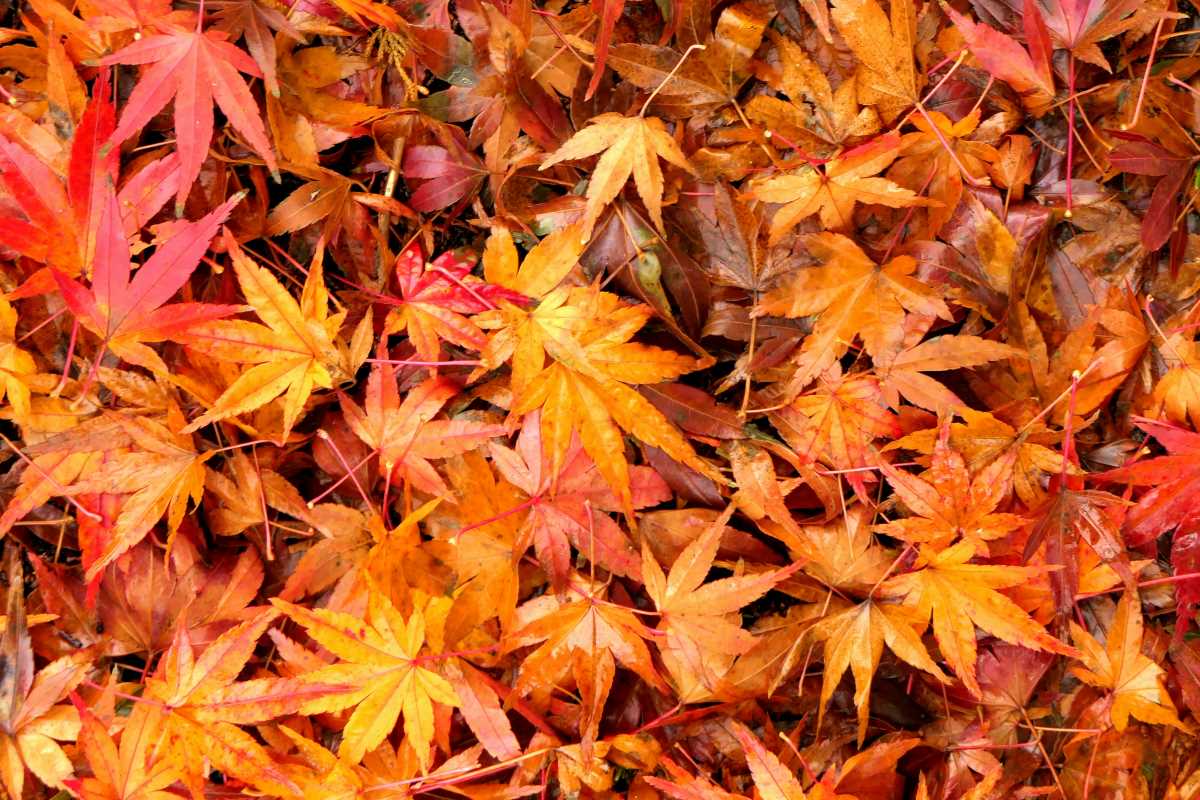As the fall season sets in, the landscape transforms into a blanket of red, orange, and yellow leaves. While beautiful, fallen leaves often bring a seasonal dilemma: should you rake them or let them lie until spring? Traditionally, many homeowners see raking as an essential autumn chore. However, leaving leaves on the ground has gained support from those who advocate for ecological benefits. Here’s an in-depth look at the arguments for and against raking leaves, so you can decide what’s best for your yard, your community, and the environment.
The Case for Raking Leaves
1. Maintaining a Healthier Lawn
A layer of leaves can smother the grass underneath, blocking it from getting the sunlight, oxygen, and water it needs to thrive. Without these essentials, the lawn can become weak, patchy, and prone to disease. Raking leaves clears the ground, allowing your lawn to “breathe” and stay healthy throughout the winter.
2. Preventing Mold and Fungi Growth
Leaves that sit and decompose on the ground trap moisture, creating an environment ripe for mold and fungal growth. This can affect the health of your lawn and can lead to unpleasant odors and health issues for people with allergies. Raking and removing leaves can prevent mold build-up and keep your yard fresh and clean.
3. Safety Benefits
Leaves can make sidewalks, driveways, and paths slippery, especially after rain. Wet leaves create a slick surface that can be hazardous, especially for children, older adults, or anyone carrying heavy loads. Raking up leaves minimizes the risk of slips and falls, making your property safer for family, guests, and delivery personnel.
4. Pest Control
While leaving leaves around can provide a habitat for beneficial insects, it can also attract unwanted pests like rodents, ticks, and even snakes. Raking leaves can help minimize these populations, especially if your yard is near wooded areas or other natural habitats where pests may thrive. By raking and removing leaves, you’re reducing the chances of critters making their way into your home or garden.
5. Curb Appeal and Lawn Care Savings
Maintaining a leaf-free yard is visually appealing, giving your home a tidy and inviting look through the fall and winter. This can be especially important if you’re planning to sell your home. Additionally, regular leaf raking reduces the risk of damage to your grass, saving you time and money on lawn care and repairs in the spring.
6. Composting Opportunities
If you’re a gardener, raking and composting leaves can be a great way to enrich your soil naturally. By composting leaves, you can create nutrient-rich mulch that’s ready for use in garden beds come spring. This is a simple and eco-friendly way to repurpose fallen leaves into something beneficial.
The Case Against Raking Leaves
1. Supporting Biodiversity and Ecosystems
One of the most significant reasons to leave leaves on the ground is that they provide vital habitats for many species. Fallen leaves act as natural shelters for insects like caterpillars, ladybugs, and pollinators that play essential roles in the ecosystem. Over winter, leaves also provide shelter for frogs, toads, and even small mammals. In turn, these animals contribute to the health of your garden by helping control pest populations. Letting leaves lie in parts of your yard can support biodiversity and strengthen local ecosystems.
2. Natural Fertilizer for Your Lawn
When left to decompose, leaves break down into organic matter that enriches the soil. This natural fertilizer adds nutrients like nitrogen, phosphorus, and potassium, all essential for plant growth. Instead of spending money on synthetic fertilizers, leaving leaves on the lawn provides a free and natural way to keep soil healthy and support robust plant growth. As leaves break down, they contribute to a balanced, nutrient-rich soil, ideal for spring planting.
3. Reducing Environmental Impact
Raking and disposing of leaves can contribute to environmental issues, especially when leaves are bagged in plastic and sent to landfills. Leaf disposal contributes to waste and requires energy for collection and transportation. By leaving leaves on your lawn, you’re reducing waste and saving energy, making it a more sustainable choice. Additionally, gas-powered leaf blowers emit pollutants and noise, further impacting the environment.
4. Lowering Maintenance Work and Costs
Leaving leaves on the ground can save time and effort, allowing you to relax and enjoy the beauty of fall without adding to your workload. Lawn maintenance costs can add up, and by letting nature take its course, you’re cutting back on expenses associated with bagging and removing leaves. This is particularly helpful if you have a large yard that requires extensive work to clear leaves.
5. Enhancing Soil Structure
Decaying leaves improve soil structure by adding organic material that retains moisture, moderates soil temperature, and improves root growth. This is especially beneficial in dry climates or areas with compacted soil. By letting leaves decompose, you’re actively improving the soil’s ability to support healthy plants, benefiting the garden and surrounding landscape.
6. Strategic Leaf Mulching
If the idea of leaving a full layer of leaves feels too unkempt, you might consider mulching instead. Running over leaves with a mower chops them into small pieces that decompose quickly and are less likely to smother grass. This technique offers the best of both worlds—reducing the thickness of leaf cover while still providing natural fertilization benefits.
Finding a Balance: When and Where to Rake
Ultimately, the choice of whether to rake or leave your leaves depends on your priorities. Here are a few practical ways to strike a balance:
- Designate Leaf-Free Zones: If you’re concerned about aesthetics or safety, consider clearing leaves from high-traffic areas while leaving them undisturbed in garden beds, under trees, or on areas less visible.
- Mulch Instead of Rake: Mulching is an excellent alternative to raking. By mowing over leaves, you can break them down into smaller pieces that still decompose and benefit the soil, without smothering the grass.
- Compost the Excess: If you prefer not to leave leaves on your lawn, composting them is a great way to get the environmental benefits without covering the grass. Leaves add valuable carbon content to compost piles, helping create rich garden soil.
Making the Choice for Your Yard
Whether you decide to rake or leave leaves on the ground, there’s no one-size-fits-all answer. Each approach has its own benefits, from the environmental advantages of supporting biodiversity to the aesthetic and practical reasons for a well-maintained lawn. The key is to consider your yard’s specific needs, your preferences, and how you’d like to balance the health of your lawn with the health of the environment. Embrace the choices that best suit your lifestyle and your goals, whether that means a yard clear of leaves or one that welcomes nature’s seasonal cycle.
By taking a thoughtful approach, you can enjoy a beautiful and healthy lawn while still being mindful of the environment.
 (Image via
(Image via





